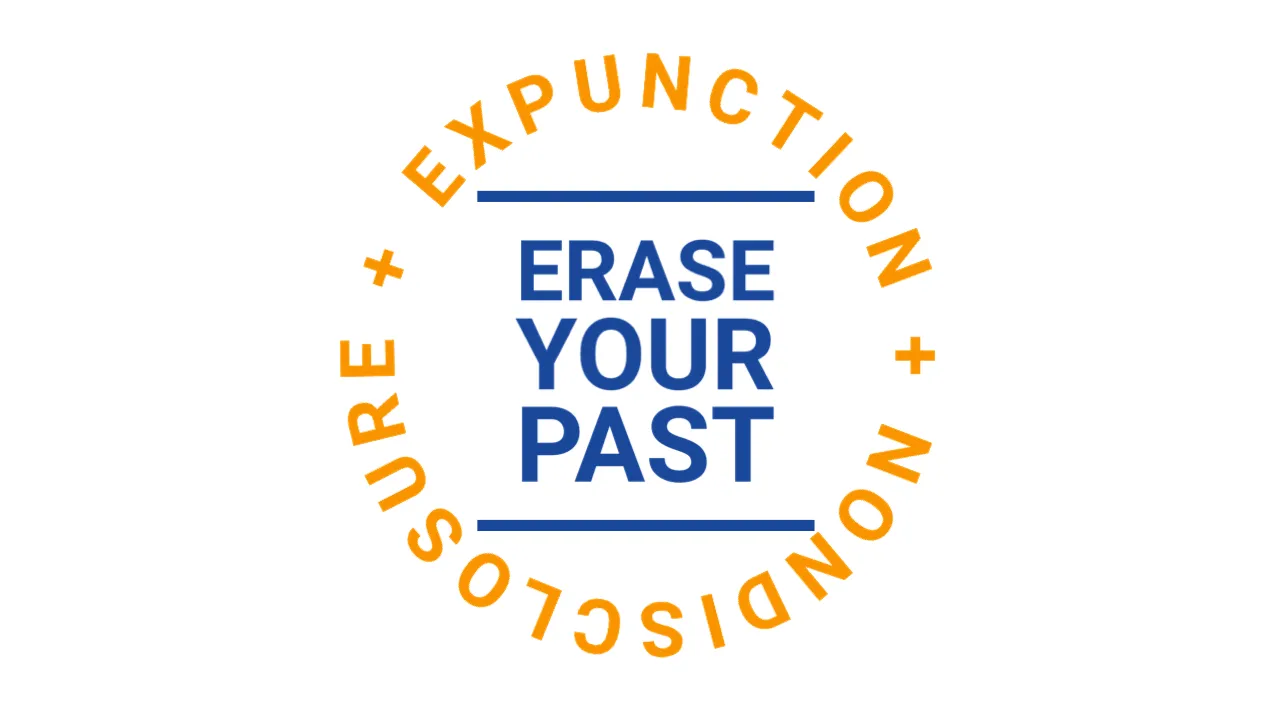DWI Expungement Key Takeaways:
- Expungement destroys all traces of an arrest. After a judge signs an order expunging an arrest, you can legally deny the arrest ever took place.
- For a DWI arrest to be eligible for expungement, you must be acquitted at trial or the case must be dismissed or never filed in the first place.
- Nondisclosures seal the DWI record from public view. Law enforcement and state licensing agencies can still see the DWI in your background but everyone else cannot. Once a judge grants a nondisclosure, you do not have to disclose the DWI on a job application.
- For a DWI case to be eligible for nondisclosure, you must meet several criteria and not have any prior criminal history.
- A skilled DWI lawyer can set you up for an expunction or nondisclosure so that your DWI arrest remains in your past and does not impact your future.

What is DWI Expungement?
Chapter 55 of the Texas Code of Criminal Procedure governs expungement in the state of Texas. Expunctions order state entities that store and distribute criminal history information to destroy all records pertaining to an arrest. Expungement allows you to legally deny that police ever arrested you for Driving While Intoxicated.Impact of Expunction on Federal Agencies
The United States federal government does not have to honor a Texas expungement of a DWI arrest. The American system of government provides that states are sovereign entities with the authority to establish laws and court procedures. The United States federal government is also a sovereign entity with authority to establish laws and court procedures. Sometimes state and federal laws conflict, and expungement is one such area of disagreement.The supremacy clause in the United States Constitution gives the federal government the choice whether to recognize a state expungement. Texas DWI expungement orders provide notice of the expunction to the FBI and request the FBI destroy its records of the Texas DWI arrest. The FBI may or may not honor that request.If you are not a U.S. citizen and plan to apply for citizenship in the future, the federal government can require that you answer questions about your expunged arrest and even provide court records. If you are not a citizen, it is wise to obtain a copy of the clerk’s case file before all records of your arrest are completely destroyed. We recommend that you consult with an immigration attorney for a more complete analysis of how a DWI expungement in Texas may impact citizenship and naturalization.How Do I Become Eligible for DWI Expungement?
There are three ways your driving while intoxicated arrest can become eligible for expunction:- In the event that the prosecuting agency fails to file or indict your DWI case before the statute of limitations expires, you will be eligible to expunge your DWI arrest. In our experience, prosecutors almost always file or indict DWI cases before the statute of limitations runs.
- Prosecutors dismiss your DWI case. In our experience, DWI dismissals usually arise only after winning a motion to suppress an unlawful traffic stop, leaving prosecutors with no evidence of intoxication. In rare occasions, prosecutors dismiss DWIs in which the arresting officer has been fired or there is an extremely significant flaw in the officer’s investigation.
- The most common, and also most challenging, path to DWI expungement eligibility is winning at trial. If a jury or judge finds you not guilty of Driving While Intoxicated, you immediately become eligible to expunge your DWI arrest. If you file your petition for expungement within thirty days of your acquittal, you will not have to pay any filing fees.
What is DWI Nondisclosure?
Chapter 411 of the Texas Government Code provides for the nondisclosure of DWI criminal record information. A nondisclosure seals criminal record information from public view. Law enforcement and state licensing agencies have the power to look through a nondisclosure, but most background checks will not show a DWI after a nondisclosure goes into effect.Impact of DWI Nondisclosure
Texas Government Code Section 411.0755 provides that any person who has had criminal record information sealed by a nondisclosure does not have to state that he or she has been the subject of any criminal proceeding related to the information addressed by the order of nondisclosure in any employment or licensing application.How Do I Become Eligible for a DWI Nondisclosure?
- You must not have been placed on community supervision for any prior offense.
- While your DWI may be filed alleging a BAC >= 0.15, the case must be resolved as a Class B DWI, abandoning any allegation of an enhanced alcohol concentration.
- If your DWI involves a collision with another vehicle or object, the collision must not involve another person.
- You can crash into an unoccupied vehicle or other stationary object so long as you do not have a passenger in your vehicle.
- Crashing into an occupied vehicle or a stationary object with a passenger in your vehicle will prohibit you from obtaining a nondisclosure.
- You must satisfy a statutory waiting period during which you must not be convicted of or plead guilty to any offense other than a traffic ticket:
- Two years for Class B DWI with deferred adjudication
- Two years for Class B DWI conviction if you have an interlock installed in your vehicle for at least six months of the community supervision
- Three years for Class B conviction with a jail sentence and at least six months of an interlock
- Five years for Class B conviction with community supervision or jail sentence and no interlock
- The waiting period begins when you are released from community supervision or confinement.





